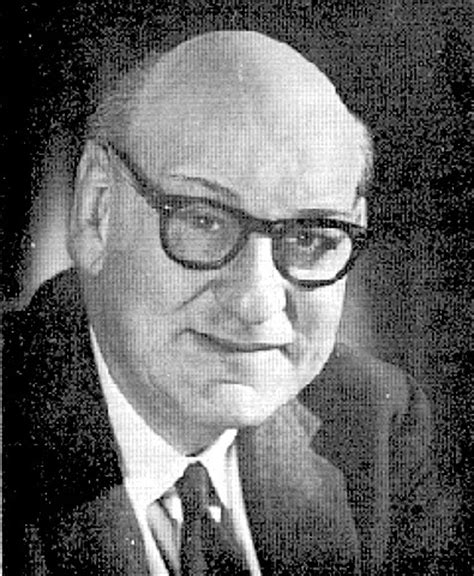A Quote by Jennifer Donnelly
Voice is not just the sound that comes from your throat, but the feelings that come from your words.
Related Quotes
Feelings come and feelings go. There is no need to fear them and no need to crave them. Be open to your feelings and experience them while they are here. Then be open to the feelings that will come next. Your feelings are a part of your experience. Yet no mere feeling, however intense it may seem, is your permanent reality.
We write to expose the unexposed. Most human beings are dedicated to keeping that one door shut. But the writer's job is to see what's behind it, to see the bleak unspeakable stuff, and to turn the unspeakable into words - not just into any words but if we can, into rhythm and blues. You can't do this without discovering your own true voice, and you can't find your true voice and peer behind the door and report honestly and clearly to us if your parents are reading over your shoulder.
I had a teacher who stressed for me the importance of diction in terms of... I want to be very careful about how I say this... in terms of supporting one's voice when one is singing. In other words, if you hold on to your words, your voice will pull through for you when you're singing. So be true to your vowels.
We hurt each other, is the point. Hurt, annoy, embarrass, but move on. People, it just doesn't work that way. Your own feelings get so complicated that you forget the ways another human being can be vulnerable. You spend a lot of energy protecting yourself. All those layers and motivations and feelings. You get hurt, you stay hurt sometimes. The hurt affects your ability to go forward. And words. All the words between us. Words can be permanent. Certain ones are impossible to forgive.
I want to see you. Know your voice. Recognize you when you first come 'round the corner. Sense your scent when I come into a room you've just left. Know the lift of your heel, the glide of your foot. Become familiar with the way you purse your lips then let them part, just the slightest bit, when I lean in to your space and kiss you. I want to know the joy of how you whisper "more
It [my vocal] didn't sound like what I wanted to hear; the vibrato isn't what I liked anymore. So I got myself to an ear, nose and throat guy who does a lot of work with singers, and I was hoping there was a big wart on my vocal cords or something and they could scrape it off and I could have the voice I wanted. But he said, "No, for 71, that's your voice."
The dictionary is like a time capsule of all of human thinking ever since words began to be written down. And exploring where words have come from can increase your understanding of the words themselves and expand your understanding of how to use the words, and all of this change happens in your thinking when you read the words.






































